Chemical vs. Non-Chemical Termite Control
Chemical vs. Non-Chemical Termite Control: Weighing the Options
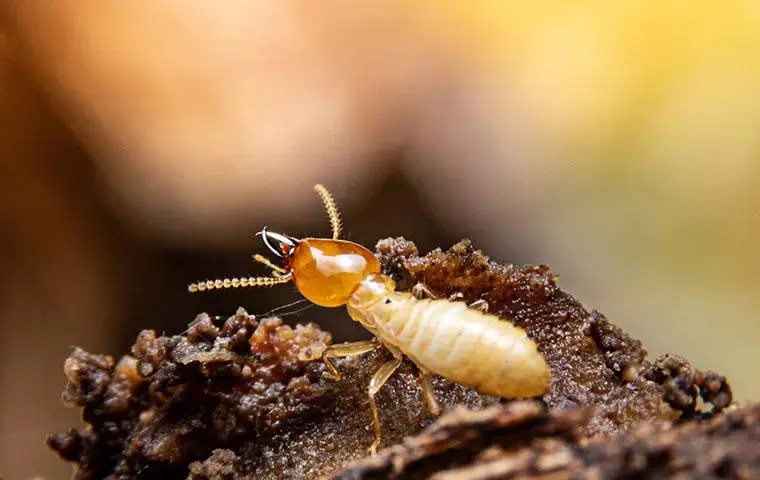
Introduction:
Protecting your home from termite damage requires careful consideration of the various control methods available. Among the choices, the decision between chemical and non-chemical approaches is pivotal. In this article, we'll explore the pros and cons of chemical and non-chemical termite control methods, empowering homeowners to make informed decisions about safeguarding their homes from these silent invaders.
Chemical Termite Control:
Pros:
1. Efficiency:
- Chemical treatments, such as liquid termiticides and bait systems, have proven efficacy in eliminating termite colonies.
- They provide a rapid and thorough solution to active infestations.
2. Long-Lasting Protection:
- Certain chemical treatments can create a barrier around the structure, offering long-lasting protection against termite reinfestation.
- This is particularly beneficial for areas with a high risk of termite activity.
3. Professional Application:
- Chemical treatments are often applied by trained pest control professionals, ensuring precise and effective coverage.
- Professionals can tailor treatments based on the specific needs and structure of the home.
Cons:
1. Environmental Impact:
- Some chemical treatments may have environmental implications, as they can leach into the soil and water.
- Homeowners should consider the ecological impact of these chemicals.
2. Health Concerns:
- Exposure to certain chemicals may pose health risks to humans and pets.
- Occupants should be cautious during and after chemical treatments.
3. Cost:
- Professional chemical treatments can be more expensive than non-chemical alternatives.
- The cost may vary depending on the size of the structure and the severity of the infestation.
Non-Chemical Termite Control:
Pros:
1. Environmentally Friendly:
- Non-chemical methods, such as physical barriers and bait systems, are often considered environmentally friendly.
- They don't involve the use of potentially harmful chemicals.
2. Low Health Risks:
- Non-chemical treatments generally pose fewer health risks to occupants.
- They are a preferred option for those concerned about chemical exposure.
3. DIY Options:
- Some non-chemical treatments, like bait systems, are available for DIY application.
- Homeowners can take proactive measures without relying on professional services.
Cons:
1. Limited Effectiveness:
- Non-chemical methods may not be as swift or effective in eliminating termite colonies compared to chemical treatments.
- They may be more suitable for preventive measures or early infestations.
2. Regular Maintenance:
- Physical barriers and bait systems may require regular monitoring and maintenance to ensure continued effectiveness.
- Homeowners need to stay vigilant and address any issues promptly.
3. Varied Results:
- The effectiveness of non-chemical methods can vary depending on the type of termites and the extent of the infestation.
- Some homeowners may find these methods less reliable for complete colony elimination.
Conclusion:
Choosing between chemical and non-chemical termite control methods involves weighing various factors, including efficacy, environmental impact, health concerns, and cost. Homeowners should assess their individual preferences, the severity of the infestation, and the specific needs of their homes. In many cases, a combination of both chemical and non-chemical methods may provide a comprehensive and environmentally conscious approach to termite control. Consulting with pest control professionals can further guide homeowners in making the right decisions tailored to their unique situations.




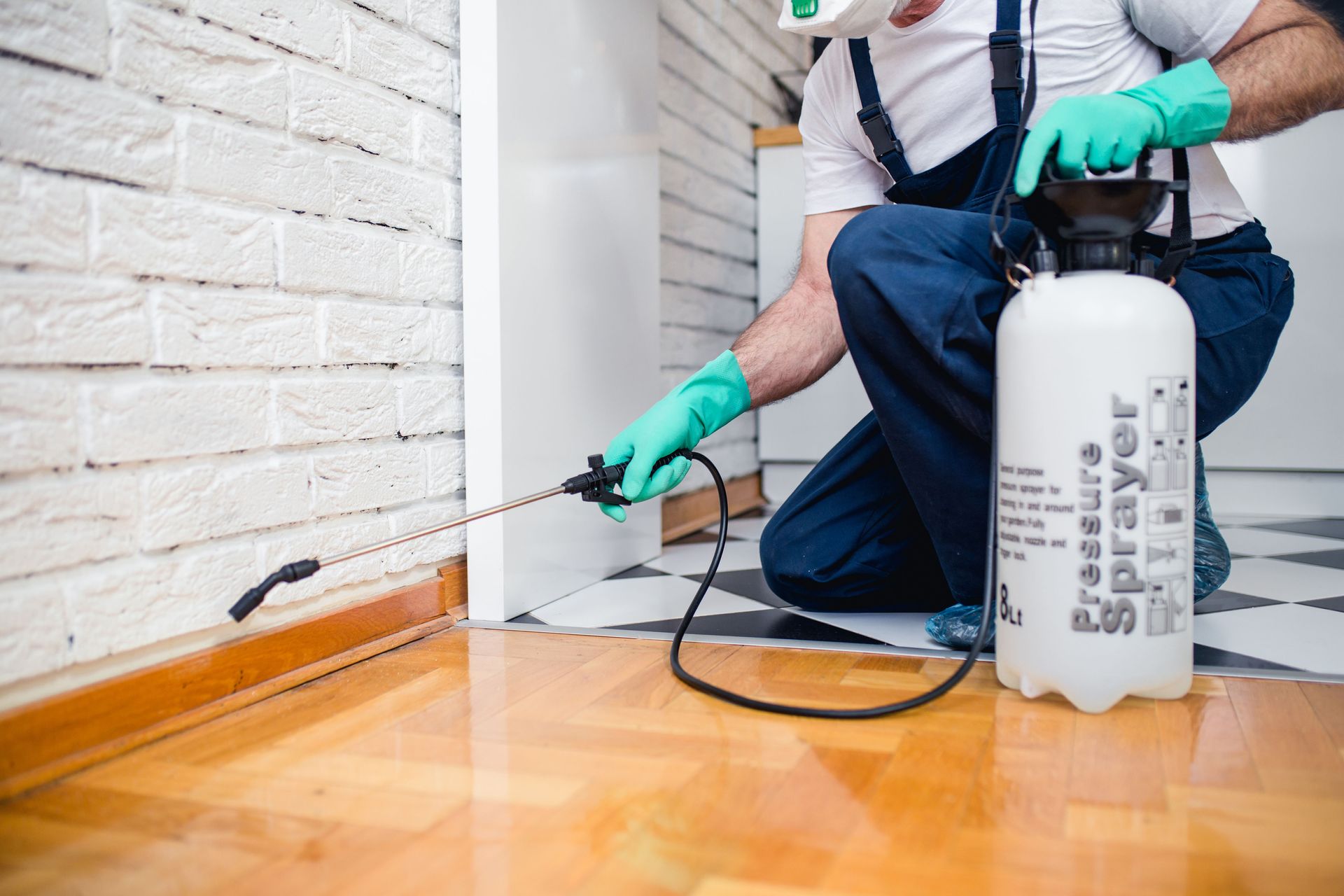


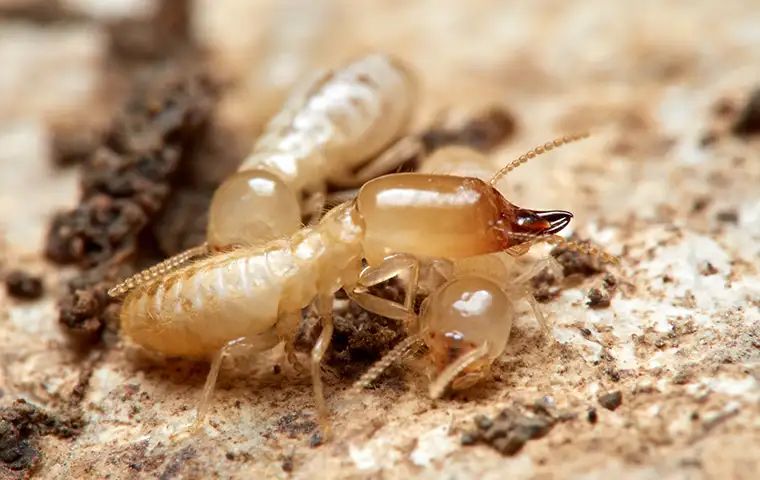
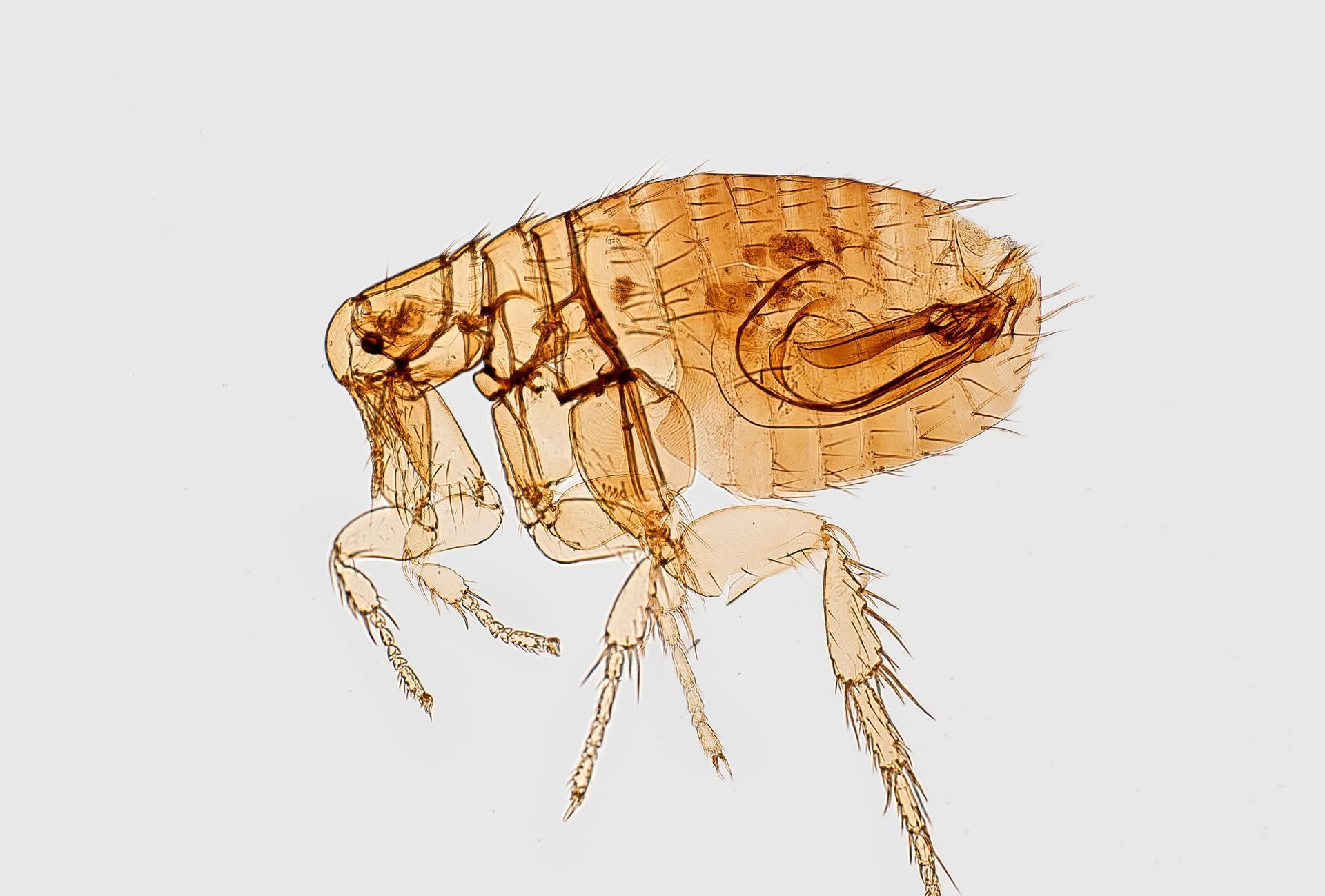
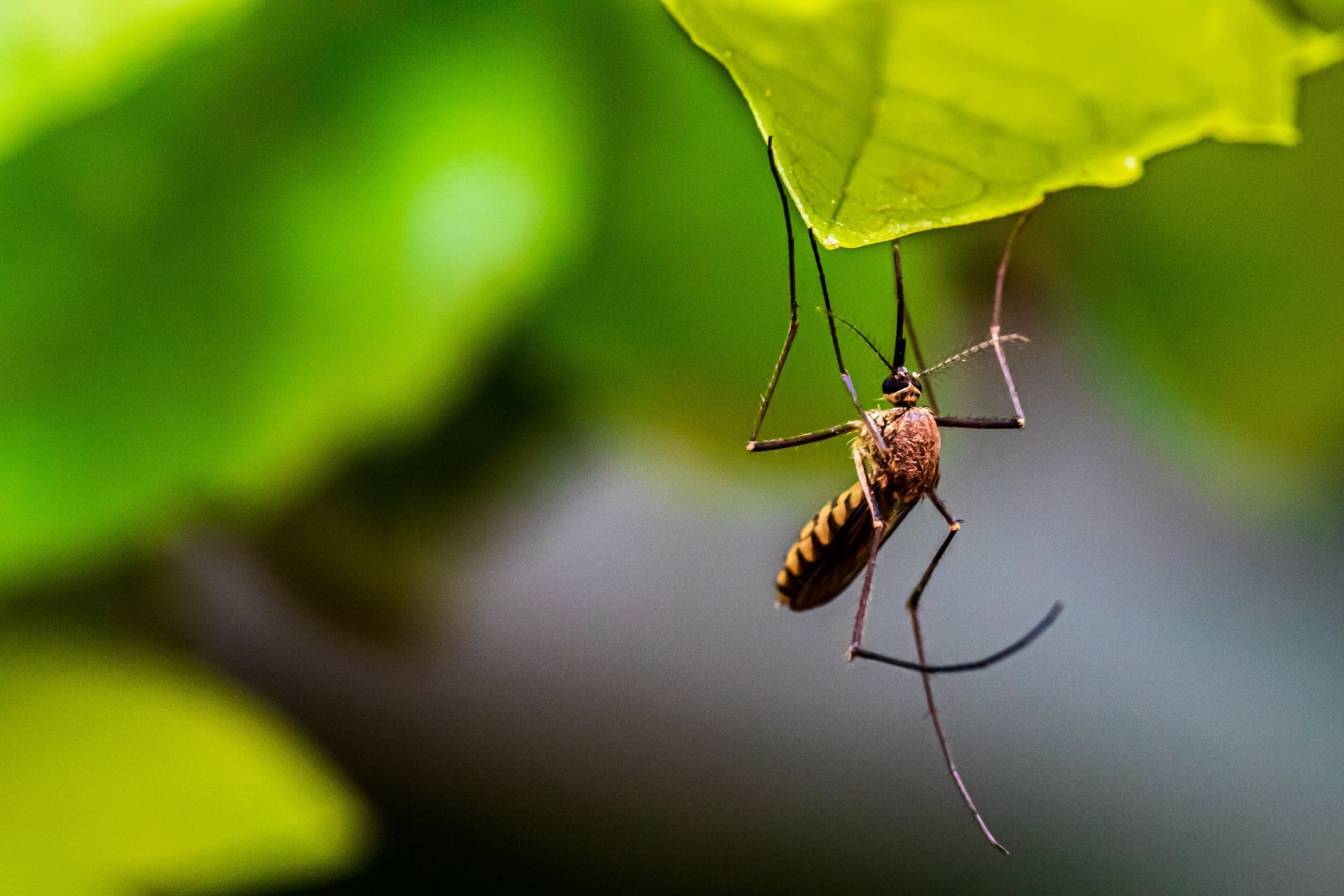
Share On: